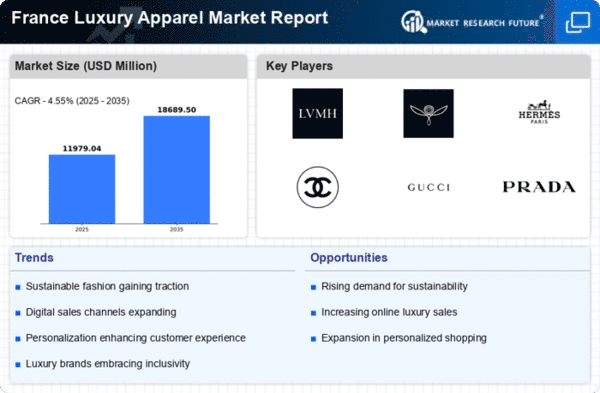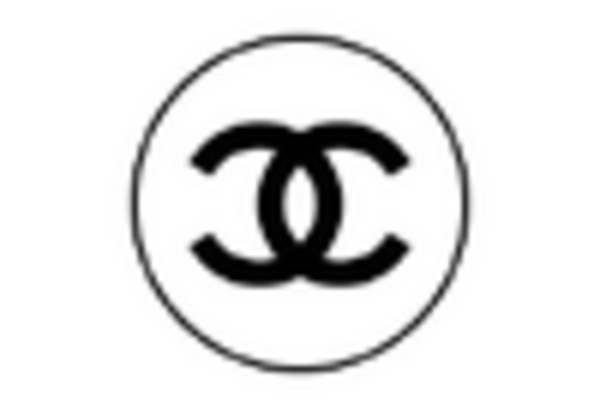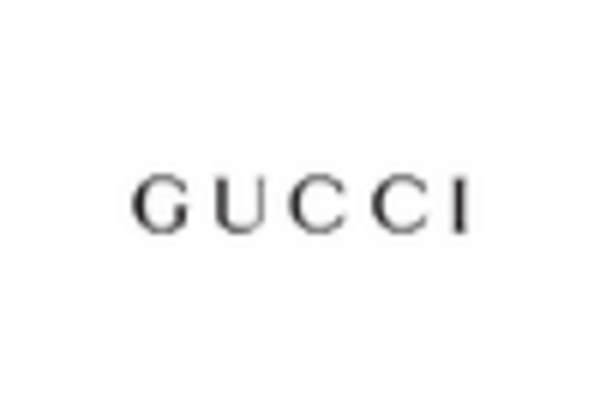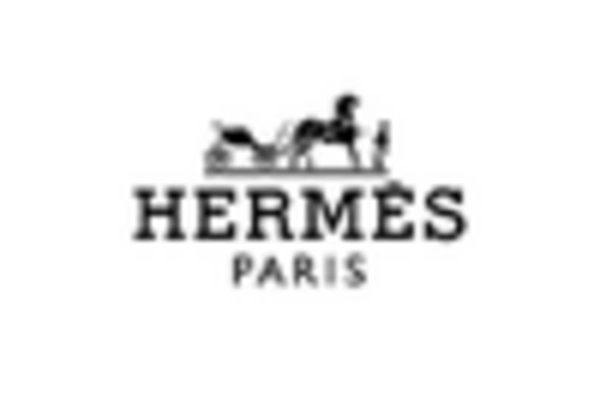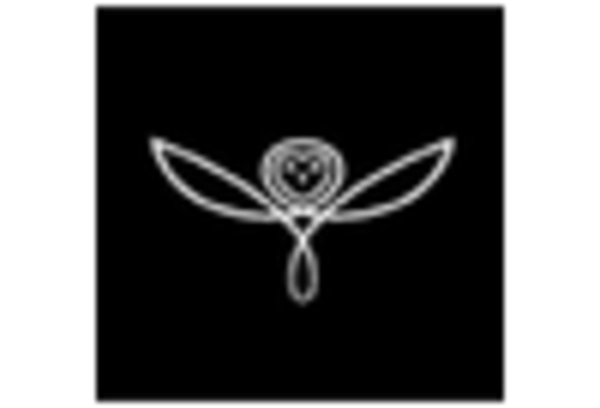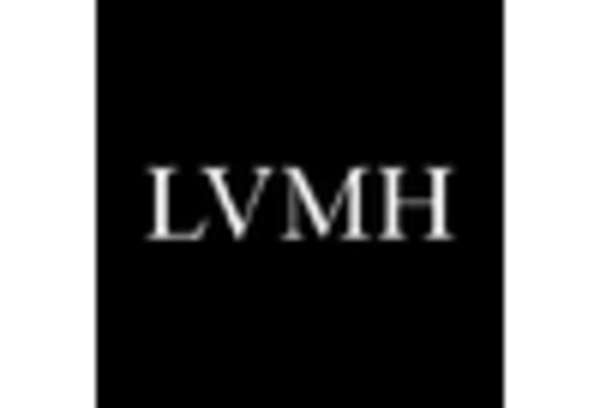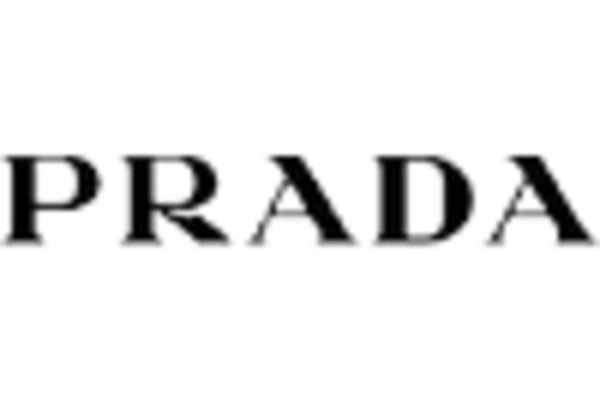Sustainability and Ethical Consumption
The luxury apparel market in France is increasingly influenced by the growing consumer demand for sustainability and ethical practices. In 2025, it is anticipated that approximately 60% of luxury consumers will prioritize brands that demonstrate a commitment to environmental responsibility. This shift is prompting luxury brands to adopt sustainable sourcing, eco-friendly materials, and transparent supply chains. As consumers become more conscious of their purchasing decisions, the luxury apparel market is likely to experience a rise in demand for products that align with ethical values. Brands that successfully communicate their sustainability initiatives may gain a competitive edge, attracting a loyal customer base that values both luxury and responsibility. This trend not only reflects changing consumer preferences but also positions the luxury apparel market as a leader in promoting sustainable fashion.
Cultural Heritage and Fashion Influence
France's rich cultural heritage and its historical significance in the fashion industry play a pivotal role in shaping the luxury apparel market. The country is home to renowned fashion houses that have established a legacy of craftsmanship and elegance. In 2025, the luxury apparel market is expected to capitalize on this cultural influence, as consumers increasingly seek products that embody French artistry and tradition. The allure of haute couture and the prestige associated with French brands contribute to a strong demand for luxury apparel. Furthermore, the integration of traditional techniques with modern designs may attract a diverse clientele, enhancing the market's appeal. This cultural connection not only reinforces brand loyalty but also encourages consumers to invest in luxury apparel that resonates with their identity and values.
E-commerce Growth and Digital Engagement
The luxury apparel market in France is witnessing a significant transformation driven by the rapid growth of e-commerce. As of 2025, online sales in the luxury sector are projected to account for over 30% of total sales, reflecting a shift in consumer shopping behavior. The luxury apparel market is adapting to this trend by enhancing digital engagement through innovative online platforms and personalized shopping experiences. Brands are increasingly investing in their online presence, utilizing social media and influencer marketing to reach a broader audience. This digital transformation not only facilitates access to luxury products but also allows for greater consumer interaction and brand storytelling. As a result, the luxury apparel market is likely to see an expansion in its customer base, particularly among younger consumers who prefer the convenience of online shopping.
Rising Affluence and Wealth Distribution
The luxury apparel market in France is experiencing a notable surge due to the increasing affluence among consumers. As disposable incomes rise, particularly among the upper-middle and high-income brackets, there is a growing demand for luxury goods. In 2025, it is estimated that the number of high-net-worth individuals in France will increase by approximately 5%, further fueling the luxury apparel market. This demographic shift indicates a potential for higher spending on premium brands, which are perceived as status symbols. The luxury apparel market is thus likely to benefit from this trend, as consumers seek to invest in high-quality, exclusive products that reflect their social standing. Additionally, the expansion of wealth distribution across various regions in France may lead to a broader customer base for luxury brands, enhancing market growth prospects.
Influence of Celebrity Endorsements and Social Media
The luxury apparel market in France is significantly impacted by the influence of celebrity endorsements and social media platforms. In 2025, it is estimated that over 70% of luxury consumers are influenced by social media when making purchasing decisions. The luxury apparel market is leveraging this trend by collaborating with high-profile celebrities and influencers to enhance brand visibility and desirability. These endorsements create a sense of aspiration and exclusivity, driving consumer interest in luxury products. Additionally, social media serves as a powerful marketing tool, allowing brands to engage directly with their audience and showcase their latest collections. This dynamic interaction not only fosters brand loyalty but also encourages impulse buying, thereby contributing to the overall growth of the luxury apparel market.


